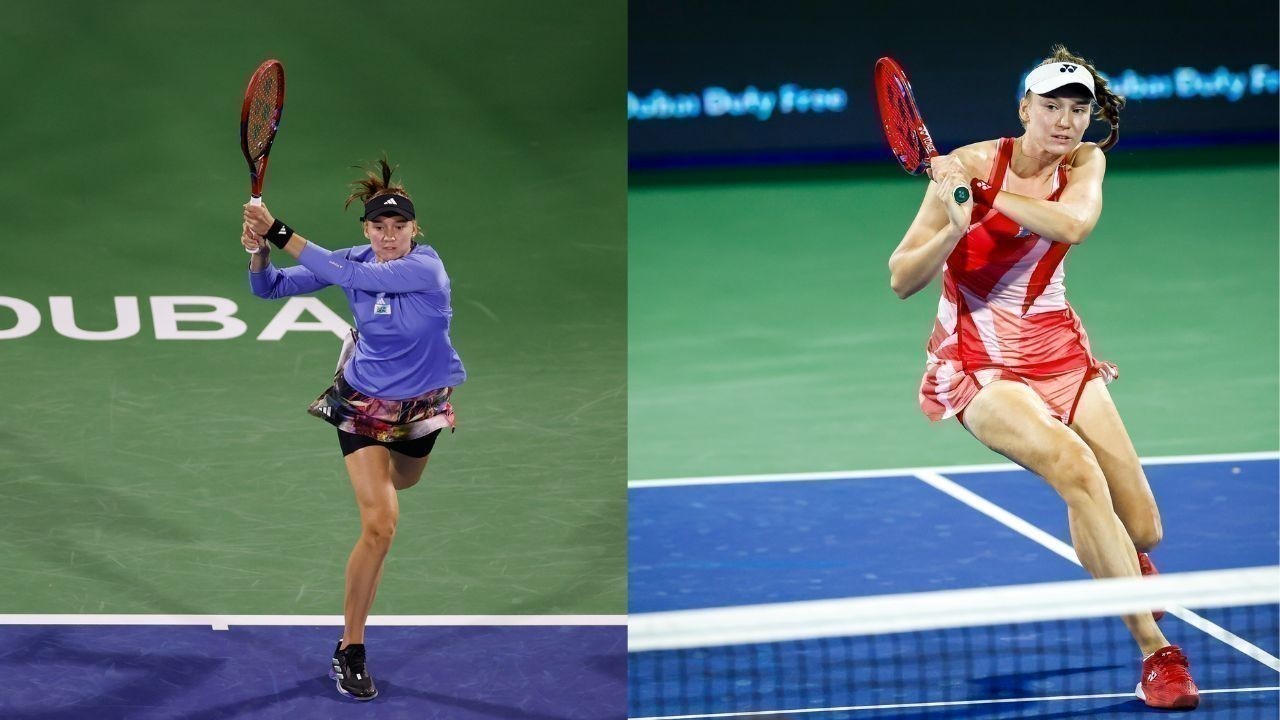
Post by : Luxmi Verma
When it comes to excelling in sports, most athletes focus heavily on training, nutrition, and technique. While these factors are undeniably important, many overlook a critical piece of the puzzle: recovery. Understanding how recovery impacts your sports performance is essential for anyone serious about improving, preventing injury, and maintaining peak condition over the long haul.
In simple terms, recovery is the process through which your body repairs itself after physical exertion. It’s not just about taking breaks or feeling rested; it’s a scientifically backed phase that influences muscle growth, energy restoration, and mental focus. Without proper recovery, even the most intense training can lead to burnout, injury, or stagnation in performance.
Many athletes mistakenly believe recovery means simply “doing nothing” or taking a day off. While rest is an important component, recovery is much more dynamic. It includes activities like active recovery (light exercises), proper sleep, nutrition, hydration, and even mental relaxation.
When you push your body during training or competition, microscopic damage occurs in your muscles, and energy stores like glycogen get depleted. Recovery allows your muscles to repair these micro-tears and replenish energy, preparing you for the next training session. Without this process, your performance can decline, and the risk of injury increases.
One of the most obvious ways how recovery impacts your sports performance is through physical restoration. Post-exercise, your muscles need time to repair and grow stronger—a process known as hypertrophy. Skipping or minimizing recovery means your muscles remain in a state of breakdown, which prevents strength gains and endurance improvements.
Additionally, recovery helps reduce inflammation and muscle soreness, commonly referred to as delayed onset muscle soreness (DOMS). Techniques such as foam rolling, massage, and stretching promote blood flow to muscles, accelerating waste removal and healing.
Proper hydration and nutrition during recovery supply the building blocks your body needs to repair tissues and restore energy. Proteins rebuild muscle fibers, carbohydrates replenish glycogen stores, and electrolytes maintain fluid balance—all crucial for optimum athletic output.
Beyond the physical, recovery profoundly affects your mental and neurological state. Sports performance relies heavily on focus, decision-making, and motivation. Continuous intense training without adequate mental recovery can lead to burnout, anxiety, and decreased concentration.
Sleep is especially vital here. During deep sleep stages, the brain processes emotions, consolidates memories, and clears metabolic waste. Athletes who consistently get enough quality sleep often experience better reaction times, mood stability, and motivation.
Incorporating mindfulness techniques, meditation, or simply taking time off from intense mental demands can also rejuvenate your mind, preparing you to perform at your best.
Understanding how recovery impacts your sports performance means knowing which recovery strategies work best. Here are some effective methods athletes can use:
Active Recovery
Instead of complete rest, active recovery involves light, low-intensity exercises such as walking, swimming, or cycling. These activities promote blood circulation without adding stress, helping flush out toxins and reduce stiffness.
Proper Sleep Hygiene
Aim for 7-9 hours of quality sleep every night. Establishing a regular sleep routine, avoiding screens before bed, and creating a restful environment enhances sleep quality, speeding recovery.
Nutrition and Hydration
Consuming a balanced mix of carbohydrates, proteins, and fats within the optimal window after exercise is crucial. Hydration before, during, and after workouts supports muscle function and prevents cramping.
Stretching and Foam Rolling
Post-workout stretching maintains flexibility and prevents tightness. Foam rolling targets muscle knots and fascia restrictions, improving muscle recovery and performance.
Cold and Heat Therapy
Ice baths, cold showers, or cryotherapy reduce inflammation and numb soreness, while heat therapy like saunas or warm baths relax muscles and improve circulation.
Taking mental breaks, practicing meditation, or engaging in hobbies help lower cortisol (stress hormone) levels, aiding in overall recovery.
Ignoring recovery can have serious consequences for athletes at all levels. Chronic fatigue, decreased strength, poor endurance, and impaired immune function are common symptoms. Most concerning is the increased risk of injury, including strains, stress fractures, and tendonitis.
Performance plateaus or declines often indicate insufficient recovery. Overtraining syndrome—a state where excessive training overwhelms recovery mechanisms—can sideline athletes for weeks or months.
This article is intended for informational and educational purposes only and should not be considered medical or professional advice. The content provided does not replace consultation with a qualified healthcare provider, sports physician, or fitness professional. Individuals should consult with their doctor before starting any new training or recovery program, especially if they have pre-existing medical conditions or injuries. The author and publisher are not responsible for any injuries, damages, or adverse outcomes resulting from the use of this information.

Thousands March in Caracas, Demand Maduro’s Release
Thousands of Maduro supporters marched in Caracas, one month after a deadly US raid ousted him, dema

Sheikh Mohammed Visits WGS 2026 Media, Cybersecurity Centres
Sheikh Mohammed visited the WGS 2026 media and cybersecurity centres in Dubai, highlighting media’s

Sitharaman Meets World Bank President Ajay Banga on Viksit Bharat Plan
Finance Minister Nirmala Sitharaman met World Bank President Ajay Banga to discuss the new Country P

PM Shehbaz Meets WBG President Ajay Banga to Boost Pakistan Reforms
PM Shehbaz Sharif meets World Bank President Ajay Banga, discussing economic reforms, development pr

Italy’s Unemployment Hits Record Low of 5.6% in December
Italy’s unemployment fell to a historic 5.6% in December, the lowest since 2004, with employment at

Australian Open Champ Rybakina Headlines Dubai Tennis Elite Field
Fresh from her Australian Open triumph, Elena Rybakina returns to Dubai as a resident and WTA 1000 c

Deloitte Champions Enterprise & Public Sector Innovation at Web Summit Qatar
Deloitte leads masterclasses on in-country cloud, AI, and tech governance at Web Summit Qatar 2026,

Why Drinking Soaked Chia Seeds Water With Lemon and Honey Before Breakfast Matters
Drinking soaked chia seeds water with lemon and honey before breakfast may support digestion hydrati

Morning Walk vs Evening Walk: Which Helps You Lose More Weight?
Morning or evening walk Learn how both help with weight loss and which walking time suits your body

What Really Happens When You Drink Lemon Turmeric Water Daily
Discover what happens to your body when you drink lemon turmeric water daily including digestion imm

DXB News Network Presents “Ctrl+Alt+Wim”, A Bold New Satirical Series Starring Global Entertainer Wim Hoste
DXB News Network premieres Ctrl+Alt+Wim, a bold new satirical micro‑series starring global entertain

High Heart Rate? 10 Common Causes and 10 Natural Ways to Lower It
Learn why heart rate rises and how to lower it naturally with simple habits healthy food calm routin

10 Simple Natural Remedies That Bring Out Your Skin’s Natural Glow
Discover simple natural remedies for glowing skin Easy daily habits clean care and healthy living ti

Mattel Revamps Masters of the Universe Action Figures for Upcoming Film
Mattel is set to revive Masters of the Universe action figures in sync with their new movie, ignitin

China Executes 11 Members of Infamous Ming Family Behind Myanmar Scam Operations
China has executed 11 Ming family members, linked to extensive scams and gambling in Myanmar, causin